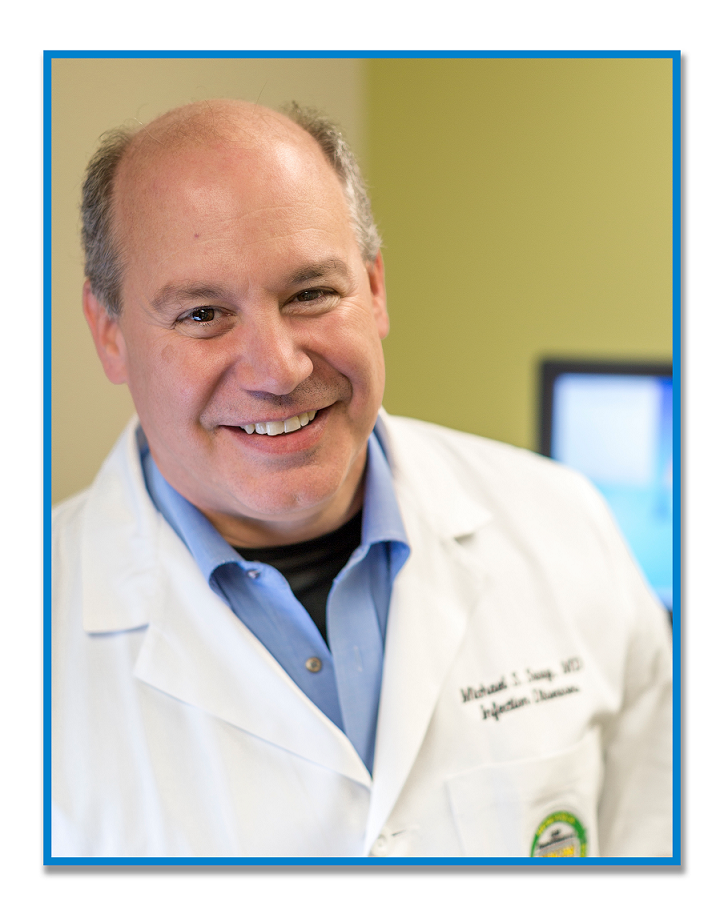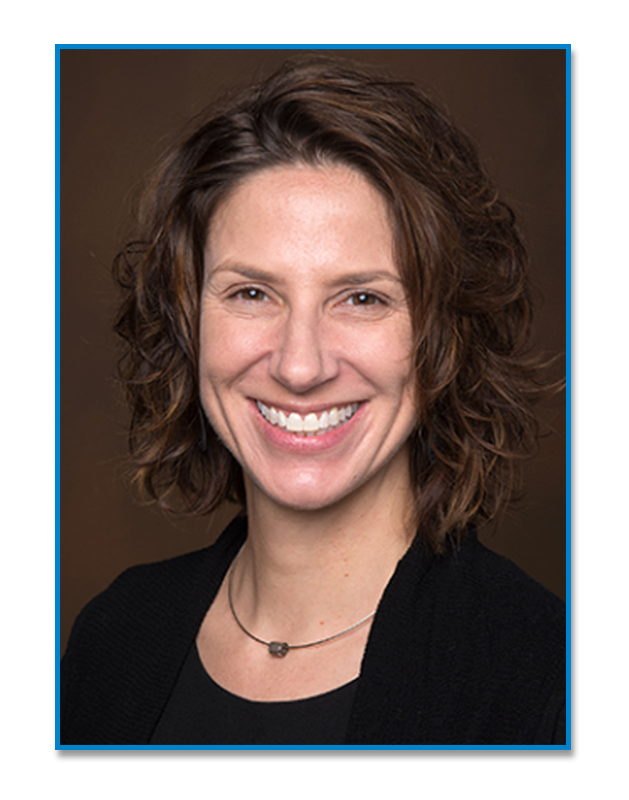As part of our ongoing efforts to promote the value of accredited CME, we are highlighting the role of CME leaders as planners, teachers, learners, or committee members.
Is there a leader who makes valuable contributions to your CME program? Please submit the Leadership Spotlight Nomination Form!
 Michael S. Saag, MD
Michael S. Saag, MD
University of Alabama at Birmingham
Associate Dean for Global Health
Jim Straley Chair in AIDS Research
Director, UAB Center for AIDS Research
Professor of Medicine
Member, IAS-USA Board of Directors
What does accredited CME mean to you?
In a phrase: Quality and Effectiveness. All providers need ongoing education throughout their careers. It’s said that a physician is never more up to date than the day they leave their training program! And while their experience grows over time, the facts they learned during training often become outdated and new information is constantly being generated through research. But just getting new information is not enough. The clinician needs to know that the information delivered is accurate, unbiased, and trustworthy. Therefore, having the imprimatur of an accredited CME provider assures both the clinician trainee and the public at large that the information taught is of the highest standards. The value of this is immeasurable.
How does accredited CME support your work as a clinician?
In addition to assuring quality, accredited CME activities help me identify areas of greatest needs. Through formal needs assessments conducted as part of a high-quality CME program, education experts with input from rank-and-file members of the target audience identify the areas that are the most relevant and impactful for my practice and the other attendees. As a frequent faculty member of accredited CME activities the needs assessment helps keep me in touch with areas of challenge other clinicians are encountering and stimulate me to develop a sharp focus for my presentations and meaningful enduring materials for those who participate in the program.
What value does accredited CME bring to your work?
In addition to being a clinician and educator, I am also a researcher. Many times, through my participation in accredited CME events, I uncover areas of unmet needs where answers are either unclear or non-existent. This helps me create and fine tune research questions that are relevant to clinicians in practice and, hopefully, can begin to answer the questions raised during the CME activities. Oftentimes, the areas or unmet need are exposed in the Q and A sessions, which I find are the most instructive in this regard. I am also stimulated by my participation in organizing and presenting CME via accredited programs to develop innovative ways to communicate to audiences; this is especially true for communicating complex material or creating ways to better engage the participants into the learning process. This has been a very rewarding aspect of my work with CME.
Jeffrey Kirchner, DO
Physician Advisor, Department of Case Management
Penn Medicine Lancaster General Health
What does accredited CME mean to you?
It means that the education we provide to our physicians at Penn Medicine Lancaster General Health is unbiased, evidence-based, and of the highest possible quality. It is important to know that the CME we provide at our institution directly impacts the care given to our patients.
How does accredited CME support your work as a clinician?
Accredited CME helps me stay up to date with changes in medicine and apply my knowledge to the care of my patients and professional interactions with my colleagues. Along with working in the outpatient setting as a Family Medicine and HIV Specialist, I also work as a Physician Advisor on the inpatient setting. I interact with many healthcare professionals including surgical and medical specialists and sub-specialists, ER physicians, UM nurses, and case managers, so staying up to date with advancements in these fields is important to all aspects of my professional life, both clinical, advisory, and administrative.
What value does accredited CME bring to your work?
I can trust the quality and veracity of the medical education we are providing at our institution. It allows me to have confidence in my clinical interactions with other physician colleagues as well as my patients. There is always room for improvement and accredited CME provides me with the motivation to learn and continue in my quest toward medical excellence as a daily, life-long learner.
Kimberly Hardy, MD
CME Program Director
Gundersen Health System
What does accredited CME mean to you?
CME can sometimes be looked at as a box to check, but I view CME as an opportunity to better myself both clinically and professionally so that I can provide the best care to my patients and the best experience to the learners that I precept.
How does accredited CME support your work as a clinician?
The way I think about CME is changing. For me, accredited CME is about providing nimble, relevant training that helps me to take better care of patients and be more efficient in my work. As a clinician, I am able to seek out meaningful education that I can apply in my day-to-day practice, including projects for performance improvement, that in the end will impact patient care.
What value does accredited CME bring to your work?
The value added is knowing that the educational experiences I complete are based on scientific principles, are relevant, timely, and unbiased. Additionally, CME provides opportunities for connection with my colleagues to discuss best-practices and barriers to excellent patient care.
